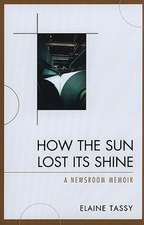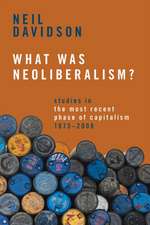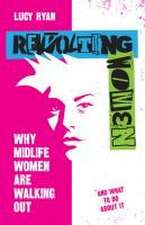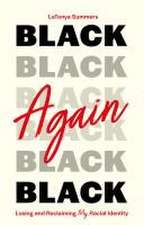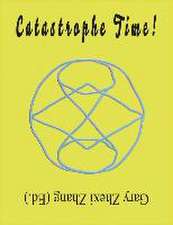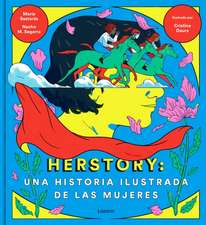A Human History of Emotion
Autor Richard Firth-Godbehereen Limba Engleză Hardback – 16 noi 2021
| Toate formatele și edițiile | Preț | Express |
|---|---|---|
| Paperback (1) | 63.66 lei 3-5 săpt. | +9.64 lei 6-10 zile |
| HarperCollins Publishers – 16 feb 2023 | 63.66 lei 3-5 săpt. | +9.64 lei 6-10 zile |
| Hardback (2) | 131.12 lei 3-5 săpt. | +32.80 lei 6-10 zile |
| HarperCollins Publishers – 17 feb 2022 | 131.12 lei 3-5 săpt. | +32.80 lei 6-10 zile |
| Little, Brown and Company – 16 noi 2021 | 157.37 lei 3-5 săpt. | +68.80 lei 6-10 zile |
Preț: 157.37 lei
Nou
30.11€ • 32.81$ • 25.37£
Carte disponibilă
Livrare economică 02-16 aprilie
Livrare express 18-22 martie pentru 78.79 lei
Specificații
ISBN-10: 0316461318
Pagini: 336
Dimensiuni: 154 x 239 x 32 mm
Greutate: 0.54 kg
Editura: Little, Brown and Company
Notă biografică
Descriere
How have our emotions shaped the course of human history? And how have our experience and understanding of emotions evolved with us? We humans like to think of ourselves as rational creatures, who, as a species, have relied on calculation and intellect to survive. But many of the most important moments in our history had little to do with cold, hard facts and a lot to do with feelings. Events ranging from the origins of philosophy to the birth of the world's major religions, the fall of Rome, the Scientific Revolution, and some of the bloodiest wars that humanity has ever experienced can't be properly understood without understanding emotions.
In A Human History of Emotion, Richard Firth-Godbehere takes readers on a fascinating and wide-ranging tour of the central and often under-appreciated role emotions have played in human societies around the world and throughout history - from Ancient Greece to Gambia, Japan, the Ottoman Empire, Britain, and beyond. Drawing on psychology, neuroscience, philosophy, art and religious history, A Human History of Emotion vividly illustrates how our understanding and experience of emotions has changed over time, and how our beliefs about feelings - and our feelings themselves - profoundly shaped us and the world we inhabit.






